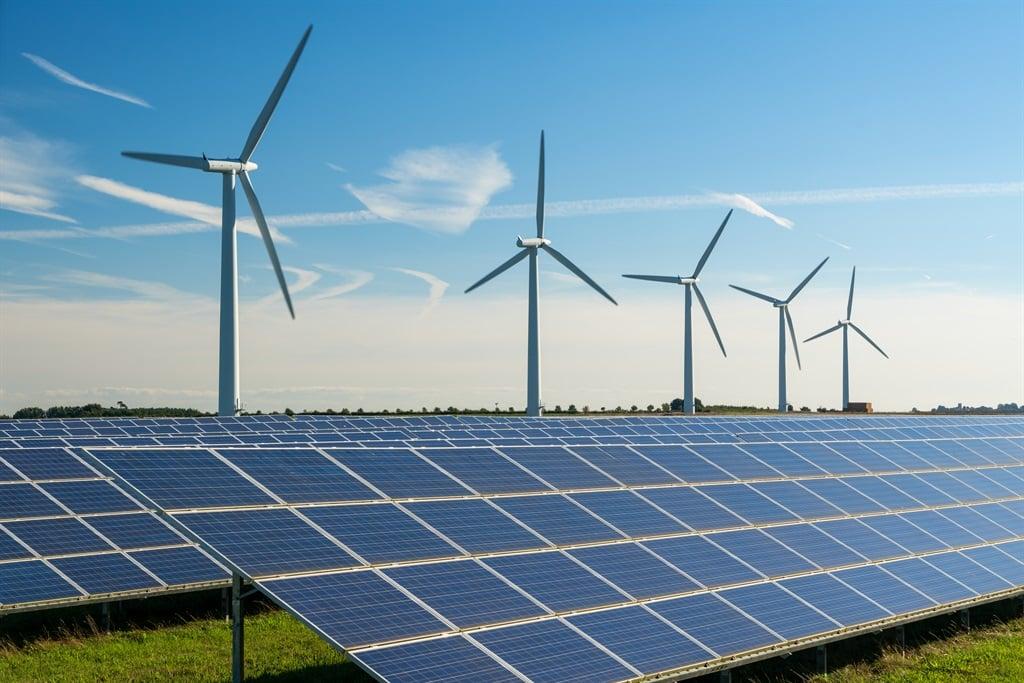Africa-Press – South-Africa. As much as 1 200 MW of new renewable energy generation projects can be added across South Africa, through a new lending programme by the Development Bank of Southern Africa and the European Investment Bank.
The €400 million or R7.2 billion initiative was agreed to on the sidelines of COP27 in Sharm El-Sheikh, Egypt, on Friday, by EIB vice president Ambroise Fayolle and DBSA CEO Patrick Dlamini.
The funding is for the DBSA’s existing Embedded Generation Investment Programme for solar PV and wind projects, which is co-financed by the Green Climate Fund.
The EIB is contributing €200 million (~R3.7 billion), while the DBSA and the Green Climate Find are providing €100 million (~R1.8 billion) each. The Green Climate Fund exists to help developing countries reduce their greenhouse gas emissions – as a means of climate change mitigation.
The new credit lines would help bolster generation capacity in the country, which is facing an energy crisis, while avoiding 3.6 million tons of carbon emissions.
“The projects it will finance are expected to create hundreds of new jobs during construction and operation and support local companies,” the DBSA and EIB said in a joint statement on Friday.
Fayolle said the agreement is the largest ever EIB investment in South Africa. It follows investments in other renewable energy and climate adaptation projects. Dlamini shared that the DBSA has a “clear goal” to improve energy security and to invest in renewable energy in South Africa and the rest of the continent. He noted that South Africa and other African countries are already suffering the effects of climate change.
This comes after President Cyril Ramaphosa at COP27 called for multilateral development banks and international finance institutions to reform their funding models to be less risk averse to enable developing economies to respond to the climate crisis.
Development finance institutions make investments based on risk and return principles, while considering development objectives, like job creation, according to Leslie Maasdorp, vice president of the multilateral New Development Bank. During a panel discussion on the role of development finance at the South African pavillion at COP27, Maasdorp shared that multilateral banks have the capacity to take on risk and carry the “first loss” of projects which commercial banks would otherwise be averse to. This means they play a catalytic role in mobilising finance after derisking projects.
For More News And Analysis About South-Africa Follow Africa-Press






